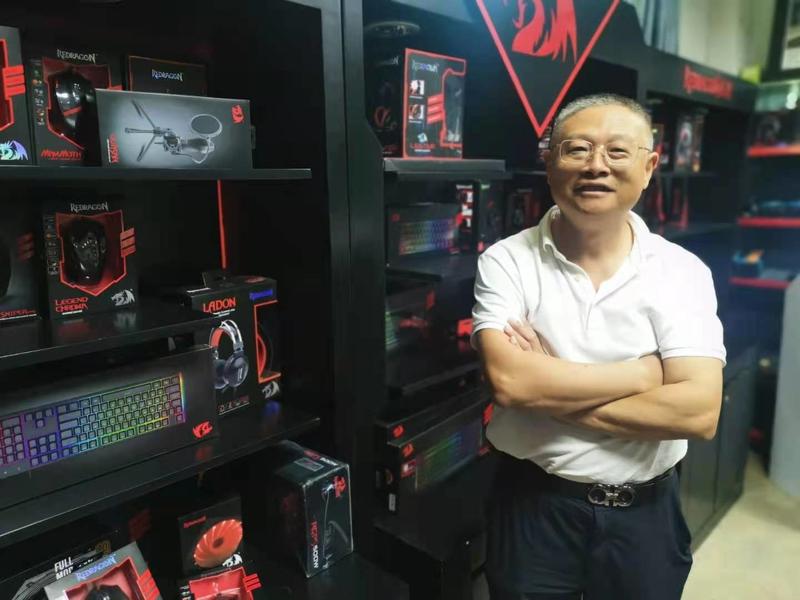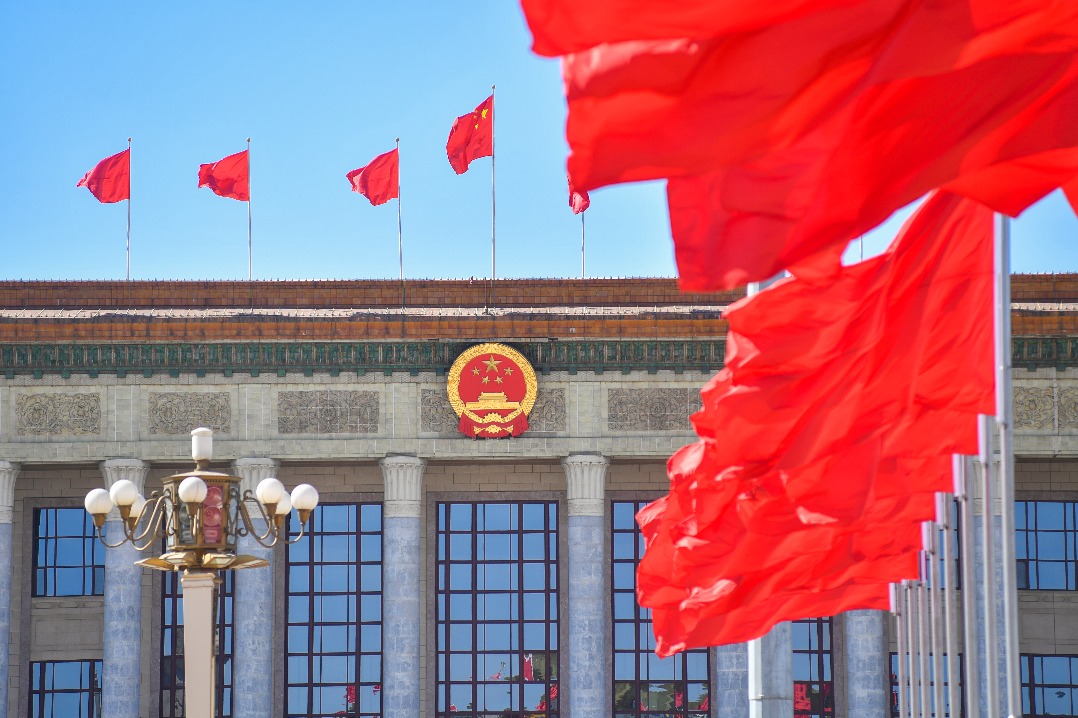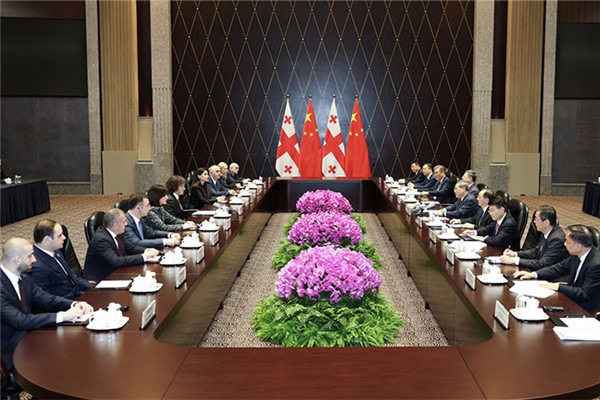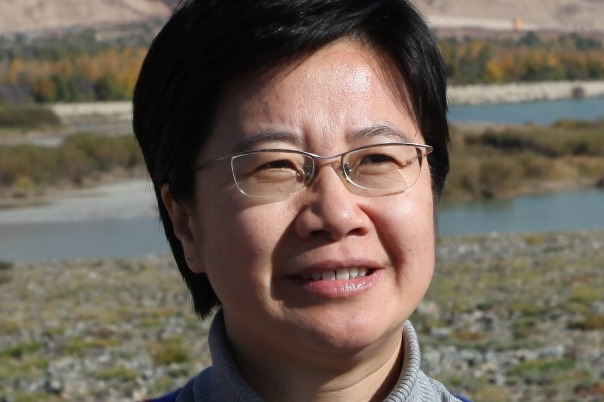A sound brand still the best bet for exporters


Some exporters with booming international sales are also leveraging the domestic opportunities for long-term development and are embracing a high-quality-product strategy for the Chinese mainland market this year.
Lu Hang's company has been exporting mice, keyboards and all types of computer gadgets from Shenzhen for more than 3 decades. To his surprise, this year has been one of the busiest for his business.
His factory has expanded tenfold and hired about 1,000 new workers to meet growing orders from overseas as more people are required to work from home, boosting the demand for computer equipment.
However, he set aside a batch of products for China's annual "Double 11" shopping spree on Nov 11 at prices 10 percent lower.
Lu said it's a turning point for him to start exploring the domestic market and set a sales target of just three million yuan (US$458,360) this time round.
He picked his company's core products — high-quality mice and keyboards — saying it's only to test the market for the consumer response.
"We're turning to the domestic market not because we are dying or need the money. Instead, I've to adopt a long-term strategy," he said.
Indeed, Lu's factory isn't short of capital this year. In the first five months, its revenue had surpassed last year's, with annual revenue projected to surge by 150 percent year-on-year to 1 billion yuan.
It also has teamed up with stable business partners abroad. Since last year, leading US supermarkets like Micro Center and BestBuy have begun selling products with the Shenzhen company's Red Dragon brand.
"Micro Center sells about 15 brands of mice and keyboards, and we're the only company from the mainland and our products also rank top at Amazon. One supermarket is also willing to display our products at its best location for free," said Lu.
As for the domestic market, his aim is to make more money, said Lu, adding that the Chinese market could not be neglected. He recalled having thought of returning to the domestic market in the past each time he ran into trouble overseas but hesitated as the timing and strategy could be wrong.
But now, he's confident of establishing a domestic brand on the heels of his success abroad. "Low-end products could not succeed," he emphasized.
"Although I've set prices at 10 percent lower than those overseas, it's only for the shopping festival. I also believe pricing is not a crucial factor in targeting consumers anymore," he said.
Lu noted that the domestic market relies more on marketing and advertising, so brand building is a new challenge for him on the Chinese lane.
Since September this year, he has been negotiating with Luo Yonghao, founder of technology company Smartisan and a livestreaming e-commerce celebrity.
He said an array of e-commerce livestreamers and their teams are focusing heavily on product quality, and they're willing to help exporters bring the best products back to China.
"By cooperating with professional marketing firms, I could focus on renovating cutting-edge products," said Lu, who has persisted in participating in research and development of their essential products.
Asked if the domestic market would be the main battlefield for his business, the businessman said exports have taken up the lion's share so far, and he preferred a market-oriented strategy.
But he believes that regardless of whether it's the overseas or domestic market, one thing that will not change is: Winning the battle relies on good products.
- China announces top journalism award winners
- Party plenum: Charting the course for the 15th Five-Year Plan period (2026-30)
- China postpones Shenzhou XX return mission
- Chinese authorities call for broader AI application in health sector
- HKU leads as 5 Hong Kong universities make Asia's top 10 in QS rankings
- Historians on both sides of Taiwan Strait urge defense of historical truth of Taiwan's restoration




































